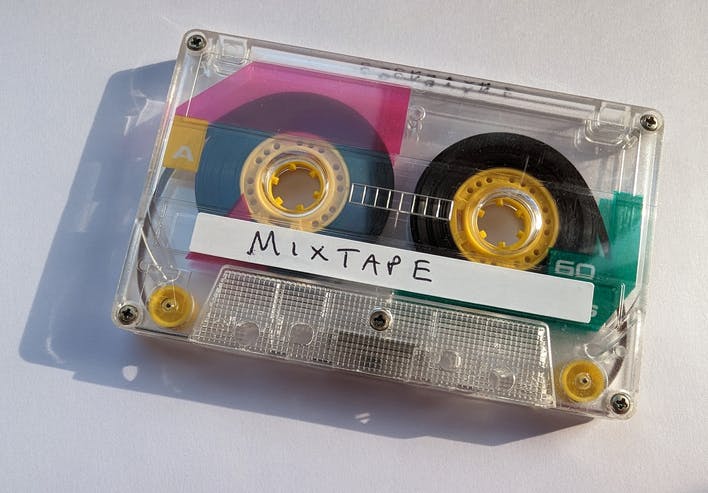How streaming turned the tables on “greatest hits” albums
Sales have fallen 54% in the last two years.
There are hits; there are great hits; then there are, for prolific pop stars, Greatest Hits (see also: greatest Greatest Hits). However, in the streaming era, the algorithm’s intent to feed us what we want, when we want it, might have made the whole concept feel a little offbeat for audiophiles.
Per Luminate data cited in a recent Bloomberg article, sales of artist compilation albums — including chart-busting LPs like “ABBA Gold” (1992), “The Beatles: 1” (2000), and the Eagles’ 1971-75 greatest-hits collection, still America’s bestselling album of all time — have plummeted in recent years as streaming services like Spotify and Apple Music have transformed the way we consume our favorite songs.
Indeed, purchases of “greatest hits” compilation albums (of those that appeared in the top 200 list of albums sold each year) slumped to 1.34 million in the US in 2023. To put that into perspective, that’s a 54% sales decline from just two years ago, having slipped by 2.41 million units since 2011 — the post-2010 peak for artists’ choicest offerings.
Greatest-hits albums could be yet another victim of the algo-driven shift in the music industry. Thanks to streaming, listeners no longer have to buy physical versions to hear an artist’s best work all in one place (as they did in the CD or vinyl days), and they’re also presented with auto-generated playlists of a musician’s entire discography, often ordered by individual preferences.
Today, buying an artist’s crème-de-la-crème collection is maybe more for die-hard fans than casual listeners. As such, the collector’s item prestige attached to greatest-hits albums now comes with a premium price tag: for example, the latest 4-LP ABBA singles album, released just last month, is currently retailing for almost $140.
